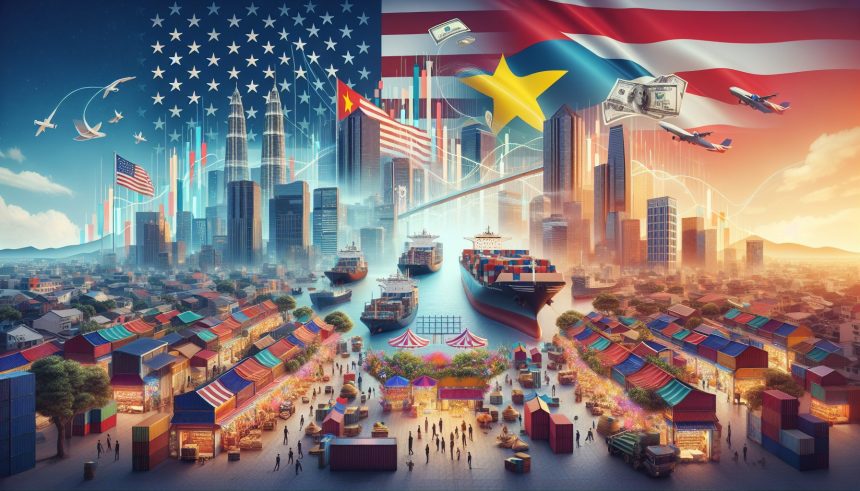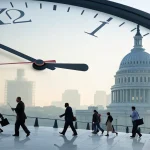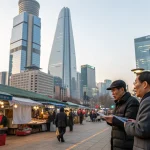President Donald Trump announced on Wednesday that the United States has reached a new trade deal with Vietnam. The agreement imposes a 20% tariff on imports from Vietnam, which is lower than the initially planned 46% tariff set to take effect next week. In exchange, Vietnam will eliminate tariffs on U.S. products, granting them full access to its markets.
This move aligns with Trump’s broader strategy of imposing “reciprocal” tariffs, introduced in April, to address what he described as unfair trade practices by various U.S. trading partners. The recent deal with Vietnam comes as other nations, including the European Union and Japan, are scrambling to secure their own agreements before facing heightened tariffs. Trump proclaimed in a social media post that the new arrangement would provide the United States with unprecedented access to Vietnamese markets, allowing American goods to be sold in Vietnam without any tariffs.
The agreement also includes a tougher stance on “trans-shipping,” where products from other countries, notably China, are routed through Vietnam before being exported to the U.S. Goods involved in trans-shipping will face a steeper 40% tariff. Peter Navarro, Trump’s senior advisor on trade and manufacturing, emphasized that a significant portion of Vietnamese exports to the U.S. were previously Chinese products rerouted through Vietnam.
us-Vietnam trade partnership expands
He praised the new tariffs as a measure to curb such practices. Vietnam has become a significant manufacturing hub for major global brands like Nike, Apple, the Gap, and Lululemon, especially as companies have moved operations from China to avoid U.S. tariffs. Share prices of these companies initially rose following the announcement of the trade deal, but gains were tempered after it was clarified that a 20% tax on Vietnamese goods would still be imposed.
Adam Sitkoff, executive director of the American Chamber of Commerce in Hanoi, expressed optimism about the deal, noting that it places Vietnam in a favorable position. However, he raised concerns about the enforcement of the new tariffs on trans-shipping, describing it as a potentially vague and politicized term in trade regulation. In related developments, Vietnamese General Secretary To Lam reiterated an invitation for President Trump to visit Vietnam during a phone call on Wednesday.
The Trump family has also unveiled plans for substantial development projects in Vietnam, including a $1.5 billion investment in hotels, golf courses, and luxury real estate in collaboration with local businesses. The Trump Organization is exploring opportunities to build a Trump Tower in Ho Chi Minh City as well. This trade deal marks a significant step in the ongoing adjustments to international trade relationships initiated by President Trump, following earlier pacts such as those with Britain and a temporary reduction of retaliatory duties with China.







